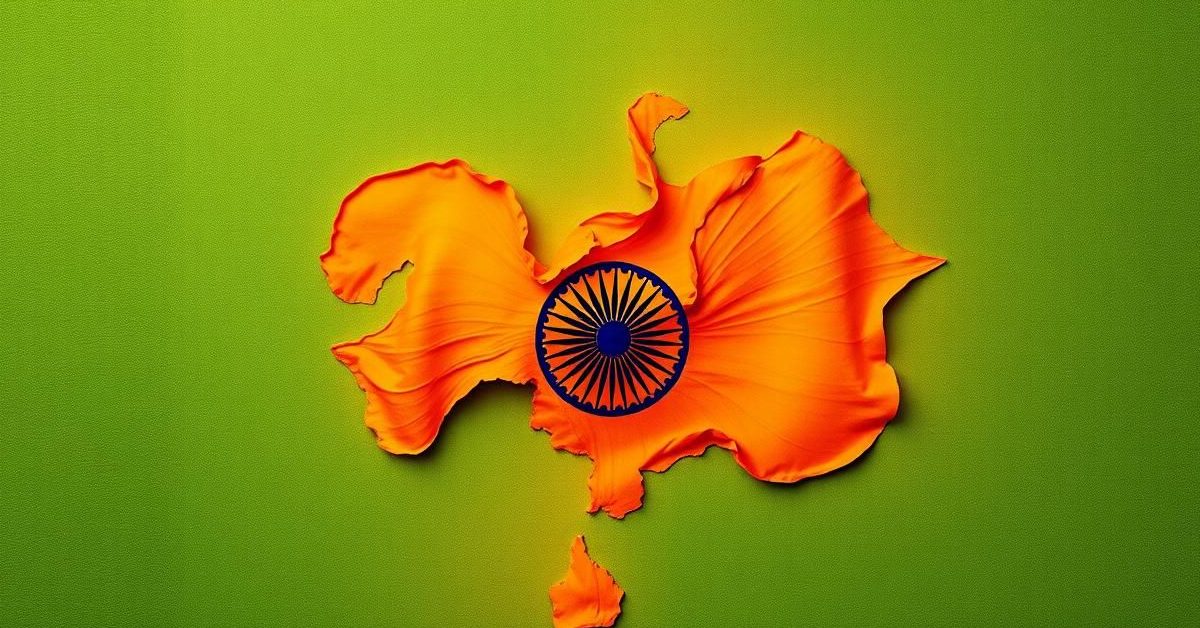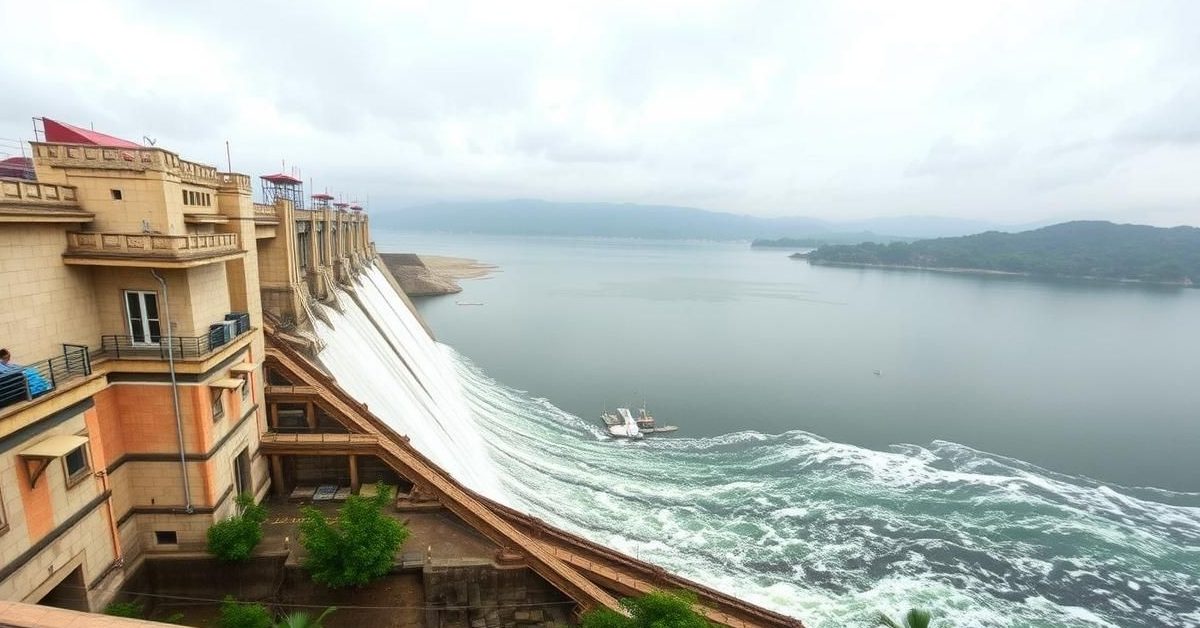Zonal Councils and the Inter-State Council are crucial bodies in India’s governance, fostering cooperation and resolving disputes between states and the Union government, making them key aspects of cooperative federalism.
Why These Councils Are in the News
The Union Home Minister, Amit Shah, recently chaired the 27th Eastern Zonal Council meeting in Ranchi, Jharkhand. This council comprises the eastern states of Jharkhand, Bihar, Odisha, and West Bengal.
Shah emphasized the growing significance of these councils, noting a substantial increase in meetings since 2014. He highlighted their evolution into “engines of cooperation,” successfully resolving a high percentage of issues brought before them, showcasing their vital role in inter-state relations.
Understanding Zonal Councils
The idea for Zonal Councils was proposed by India’s first Prime Minister, Jawaharlal Nehru, in 1956. His aim was to create advisory bodies that would promote cooperative working habits among states, especially following the reorganization of states.
As a result, five Zonal Councils were established under Part III of the States Reorganisation Act, 1956. This legal foundation classifies them as statutory bodies, meaning their authority is derived from an act of Parliament rather than directly from the Constitution.
The Five Zonal Councils:
- The Eastern Zonal Council: Bihar, Jharkhand, Odisha, West Bengal.
- The Northern Zonal Council: Haryana, Himachal Pradesh, Punjab, Rajasthan, National Capital Territory of Delhi, Union Territories of Chandigarh, Jammu & Kashmir, and Ladakh.
- The Central Zonal Council: Chhattisgarh, Uttarakhand, Uttar Pradesh, Madhya Pradesh.
- The Western Zonal Council: Goa, Gujarat, Maharashtra, and the Union Territory of Dadra & Nagar Haveli and Daman & Diu.
- The Southern Zonal Council: Andhra Pradesh, Karnataka, Kerala, Tamil Nadu, and the Union Territory of Puducherry.
The North Eastern Council (NEC)
Distinct from the main five, the North Eastern Council (NEC) was constituted as a statutory advisory body under the NEC Act 1971, coming into being in 1972. Its members include Assam, Arunachal Pradesh, Manipur, Tripura, Mizoram, Meghalaya, Nagaland, and Sikkim (added in 2002).
Who Leads These Councils?
The Union Home Minister serves as the ex-officio chairman for all Zonal Councils. The Chief Ministers of the states within each zone rotate as Vice-Chairman, each holding the office for a period of one year.
Other members include the Chief Minister and two nominated ministers from each state in the zone, two members from Union Territories, a nominee from the Planning Commission, and chief secretaries and other nominated officers from each state.
For the North Eastern Council, the Union Home Minister is also the ex-officio chairman, with the Minister of Development of North Eastern Region (DoNER) serving as Vice Chairman.
Constitutional vs. Statutory Bodies
It’s important to differentiate: Constitutional bodies, like the Inter-State Council, are explicitly defined and empowered by the Constitution. Statutory bodies, such as the Zonal Councils, derive their existence and powers from specific Acts of Parliament or state legislatures.
Introducing the Inter-State Council
The Inter-State Council is a constitutional body, established under Article 263 of the Constitution. The President can constitute it to inquire into and advise on disputes between states, discuss subjects of common interest, or recommend better policy and action coordination.
It serves as a key forum for discussions among various governments. Although constitutional, it is not a permanent body; the Sarkaria Commission in 1988 recommended establishing a permanent Inter-Governmental Council under Article 263.
Composition and Functioning of the Inter-State Council
The Prime Minister chairs the Inter-State Council. Its members include the Chief Ministers of all states and Union Territories with legislative assemblies, administrators of other UTs, and six Union Cabinet Ministers nominated by the Prime Minister.
The Council has met eleven times since its establishment in 1990, with the last meeting held in 2016. A Standing Committee is also formed to ensure continuous consultation, process matters for the Council’s consideration, and monitor the implementation of its decisions.
- Zonal Councils are statutory bodies established under the States Reorganisation Act, 1956.
- There are five Zonal Councils and a separate North Eastern Council.
- The Union Home Minister chairs all Zonal Councils.
- The Inter-State Council is a constitutional body, formed under Article 263.
- The Prime Minister chairs the Inter-State Council.
Both the Zonal Councils and the Inter-State Council are fundamental to fostering cooperative federalism and effective governance by promoting dialogue and resolving issues across India’s diverse states.















